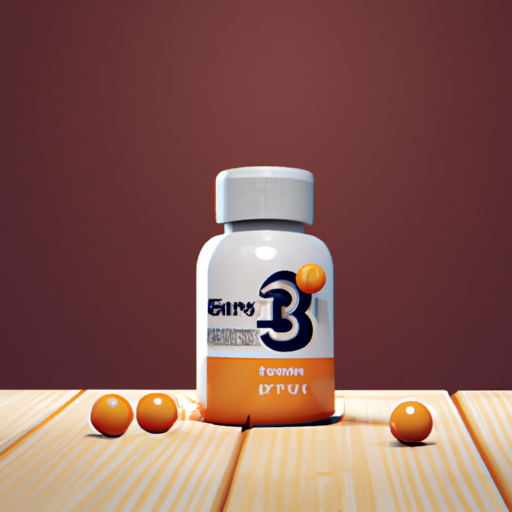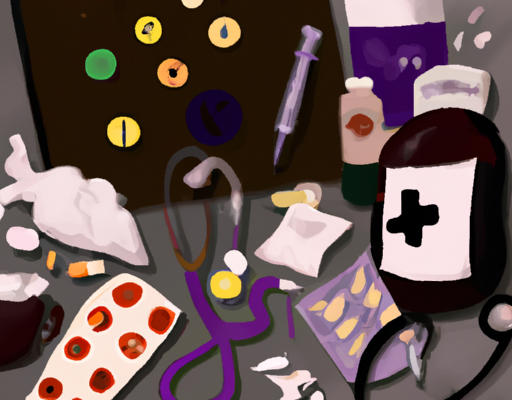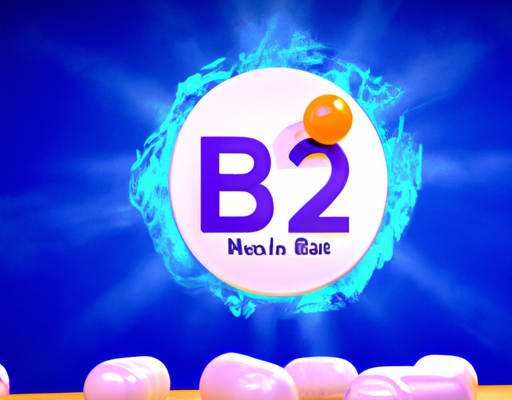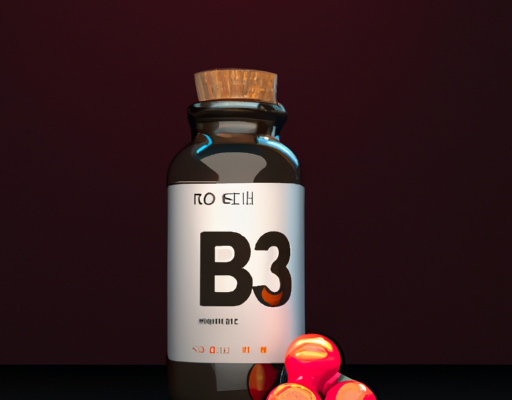Definition of Niacin
Niacin, also known as nicotinic acid, is an essential nutrient that is necessary for the proper function of many biochemical reactions in the body. It is found in food sources such as meat, fish, eggs, green vegetables, and legumes, and can also be taken in supplement form. Niacin plays an important role in keeping the cardiovascular, digestive, and nervous systems healthy, and is also essential for maintaining healthy skin, hair, and eyes. An inadequate intake of niacin can lead to fatigue, loss of appetite, and memory loss. Too much intake, on the other hand, can lead to a number of uncomfortable signs and symptoms, including headaches, digestive upset, dizziness, and an increased risk of liver damage. It is important to talk to your doctor before taking niacin supplements to ensure that you are taking the right dosage.
Effects of Too Much Niacin
Too much niacin can have several adverse effects on health, particularly when taken in supplement form rather than through dietary sources. Some of the most common signs of excessive niacin intake include skin flushing, nausea, stomach pain, vomiting, and dizziness. It is also possible to develop a more serious condition called niacin toxicity, which can cause liver damage, elevated blood sugar levels, and increased risk of cardiovascular disease. Additionally, excessive intake of niacin can cause rashes, itching, and digestive issues. Long-term effects of taking too much niacin can include high cholesterol, kidney damage, and a variety of other health problems. To avoid these potential consequences, it is important to consult with a doctor before taking niacin supplements, and to stick to the recommended dosage.
Symptoms of Too Much Niacin
When it comes to taking too much niacin, the symptoms are ones that may be all too familiar. Medicine overdose symptoms can include nausea, vomiting, dizziness, blurred vision and abdominal pain. In extreme cases, more serious symptoms like liver disease, skin rashes, and even kidney failure can occur. An individual may also experience a rapid heart rate (tachycardia) and an increased risk of stroke or heart attack. It’s important to note that not only can you take too much niacin-rich supplements, but also medicines like niacinamide and nicotinic acid. Too much of either one can result in similar symptoms and potential complications. Therefore, one should always get proper medical advice before self-medicating with high doses of niacin or its derivatives.
Risks of Overdosing on Niacin
Niacin is a water-soluble vitamin found naturally in foods, and it’s also available in supplement form. However, taking too much niacin can lead to serious side effects and even an overdose. Here are the potential risks of overdosing on niacin:
- Gastrointestinal problems
- Elevated liver enzymes
- High blood sugar levels
- Skin flushing
- Kidney injuries
Taking high doses of niacin can also cause unusual itching and burning sensations, as well as chest pain, chest tightness, and difficulty breathing. If a person experiences any of these symptoms, they should seek medical attention right away. Additionally, some people may be more sensitive to the effects of niacin than others, so it’s important to follow the recommended dosage listed on the product label.
Treatment for Too Much Niacin
When it comes to treatment for too much niacin, medical professionals usually focus on replenishing the nutrients that are depleted as a result of over-supplementation. Treatment may include taking multivitamins, Bcomplex vitamins, and folic acid, as well as lifestyle changes such as monitoring food intake, reducing alcohol intake, and taking medications to balance the electrolyte and acid-base levels. In some cases, supplementation with antacids, such as sodium bicarbonate, may also be recommended. Niacin toxicity can also be treated with supportive care and symptom relief, as well as by discontinuing any niacin supplements that are being taken. Additionally, regular monitoring of the patient’s general condition is recommended to ensure the safety of treatment.





No Comments